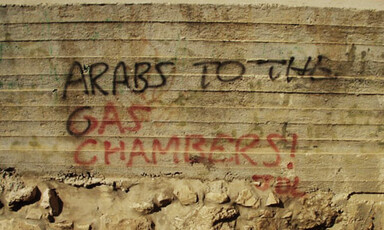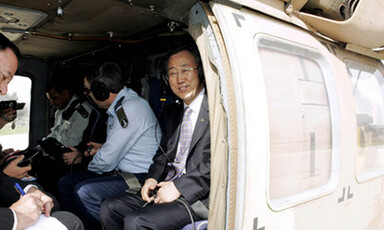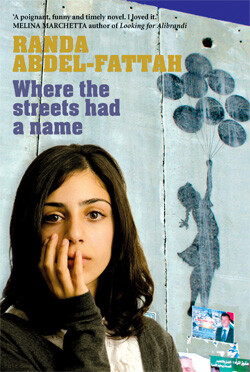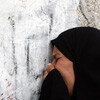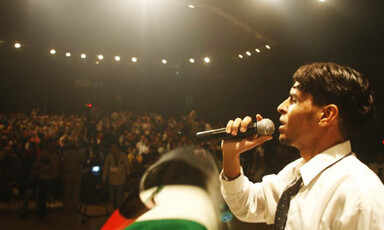
Musical resistance against the siege
8 December 2008
On 27 October, a group of young Palestinians, none of them over the age of 25, organized the first music concert of its kind in the Gaza Strip, called Gaza Concert ‘08. Regardless of the awful conditions in the Gaza Strip brought on by the 19-month Israeli siege, the youth sang for freedom, peace and ending the unjust siege. Thousands of people came from all over Gaza while several international and local media outlets covered the event that was sponsored by Action for Peace Italia. A mixture of traditional Palestinian debka dance, rap, and nationalist anthems were performed calling for lifting the siege and ending Israeli occupation. Sameh Habeeb reports from Gaza. Read more about Musical resistance against the siege
